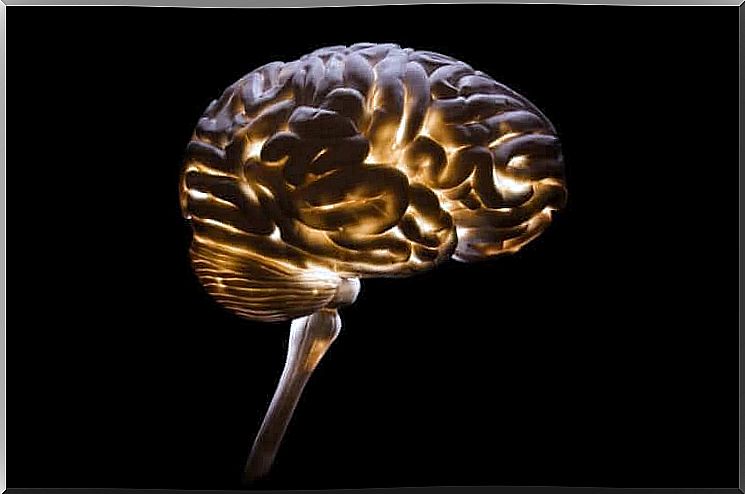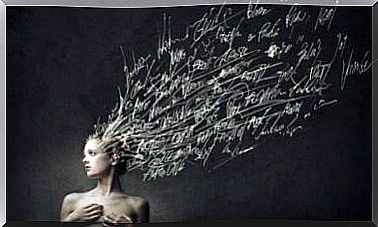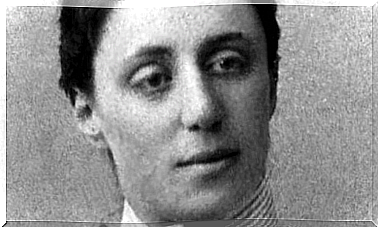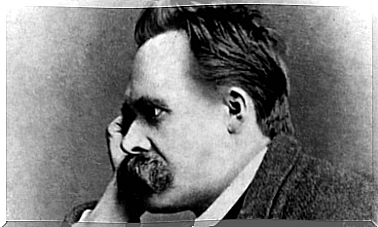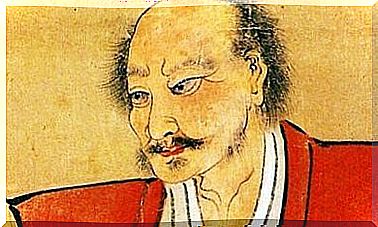Donald Hebb, Biography Of The Father Of Biopsychology
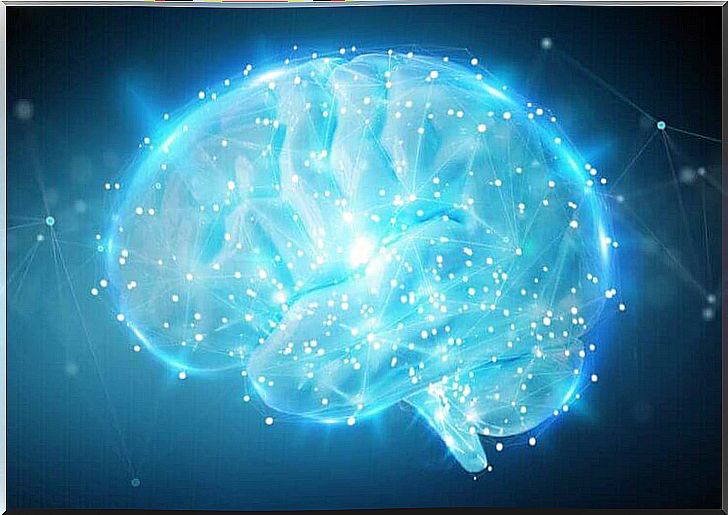
One of the most striking aspects of Donald Hebb’s biography is that, at a very young age, he believed his true calling was that of a novelist. He rightly believed that in order to write about human beings he had to know the ins and outs of psychology. This led him to study this science and he eventually became the father of biopsychology.
We also remember Donald Hebb as one of the researchers who laid the foundation for neurology. Its contribution to the understanding of the human mind is immense. He is one of the scientists who have proven the existence of a link between behavior and brain activity.
Biopsychology is a discipline that explains behavior from biological principles. Donald Hebb was one of its founders as well as the forerunner of modern neurophysiology. He has written only a few books, but all of them are fundamental.
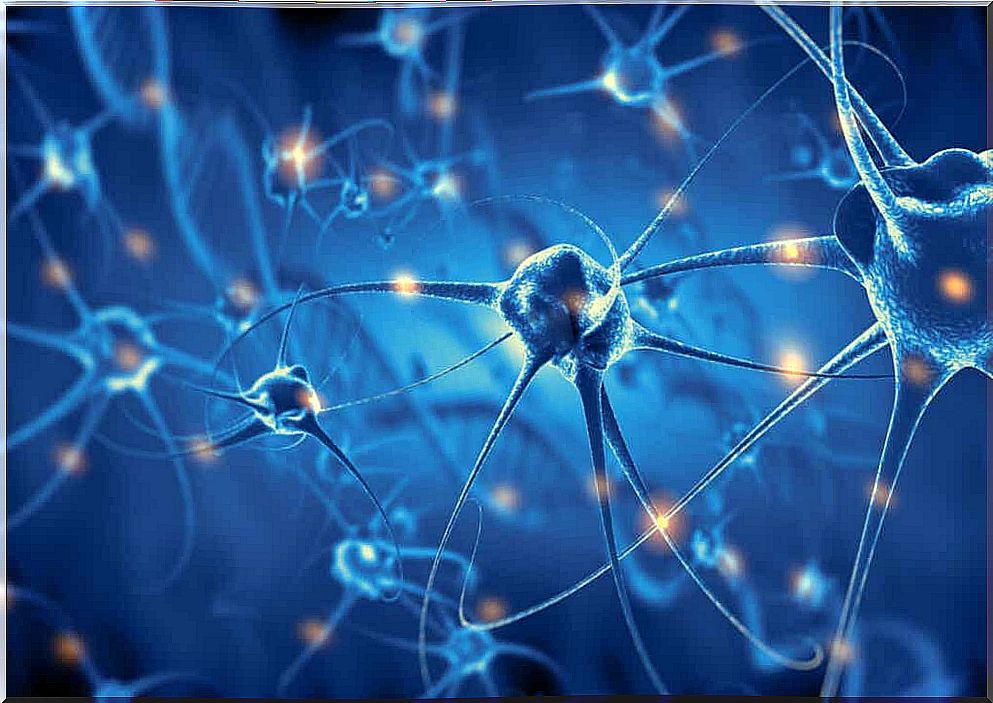
The origins of Donald Hebb
Donald Hebb was of German and Scottish descent. Her father and mother were doctors. He was born in Chester (Nova Scotia, Canada) on July 22, 1904. He and his brother began their academic training at home, guided by their mother, an admirer of the teaching principles of Maria Montessori.
Donald entered elementary school at age 8 and began middle school at age 10. Her favorite subjects are mathematics and physics, but her vivid imagination inclines her towards literature. He was, in fact, a good writer, as evidenced by his short stories and his youthful essays.
He entered Dalhousie University and studied pedagogy. As part of this training, he becomes familiar with behavioral sciences and is passionate about it. He obtained a master’s degree in psychology from McGill University. Later, he did a doctorate at Harvard University where he discovered Freud’s work, which he found incredible.
A rigorous researcher
Donald Hebb shows a strong penchant for rigorous research from the start of his doctoral thesis. He studies Freud and Pavlov and thinks he has discovered methodological errors in both. He returned to Canada after completing his doctorate and began working as a research assistant with neurosurgeon Wilder G. Penfield.
Hebb is involved in research on nerve deficits experienced by people with brain damage. He then left to work in Florida with Karl Lashley, a behavioral psychologist. He spent five years there studying the behavior of primates.
After this experience, Donald Hebb returned to Montreal and wrote his most famous work, The Organization of Behavior . He lays down the principles of psychobiology. He shapes an interpretation of animal behavior and human behavior from postulates of biology.
His work caused a sensation at the time. He claims that phenomena such as perception, emotion, memory and thinking arise from brain activity. These ideas were initially not well received by a scientific community which saw the mind as a reality independent of the brain as such.
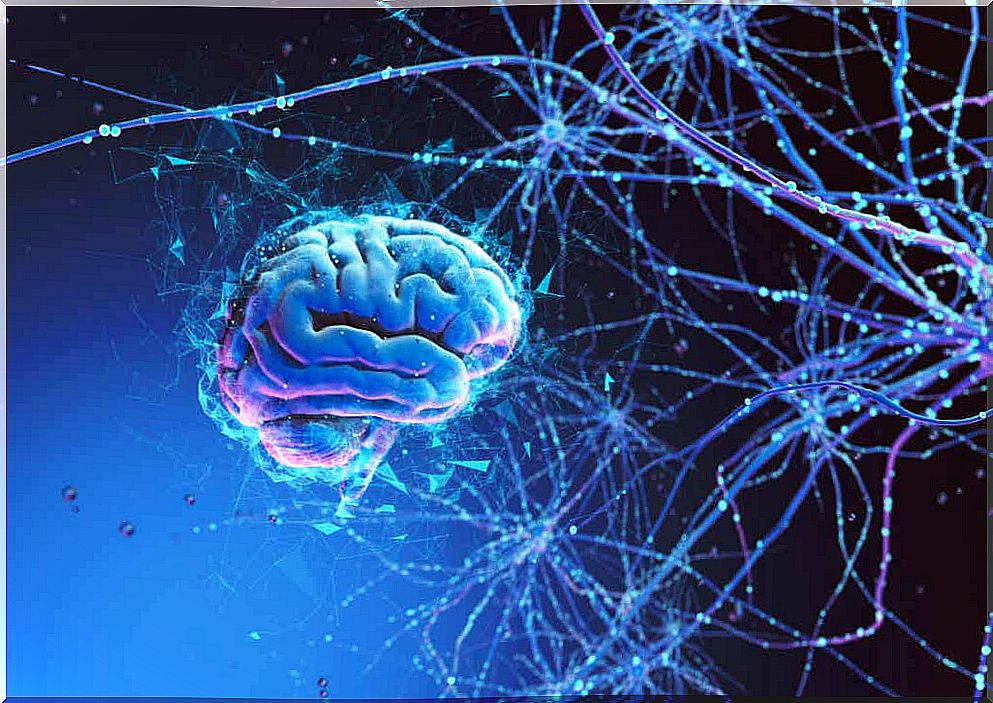
A scientist who left a mark
Donald Hebb spent the following years conducting a series of experiments on animals and humans. He carried out hundreds of observations and clinical studies, which allowed him to consolidate his theories. He closely follows the effects of brain damage and brain surgery on chimpanzees.
All of his work gave rise to the “Rule of Hebb”. She suggests that connections between neurons become stronger or become stronger if two neurons activate contiguously in time and space. The connections generate changes in the structure of the brain that promote the formation of neural networks.
Donald Hebb’s work very quickly began to be recognized within the scientific community. He wrote two other books of great impact: Textbook of Psychology and Essays on Mind . Both are well received.
It ends up giving birth to a new branch of study: psychobiology. Neural networks and brain activity indeed began to interest some psychologists.
Donald Hebb died on August 20, 1985, at the age of 81, in his hometown of Chester. His contributions were essential not only for the branch he himself founded, but also for neuropsychology, physiology and neurology. Today he is considered to be one of the great figures in the history of psychology.
